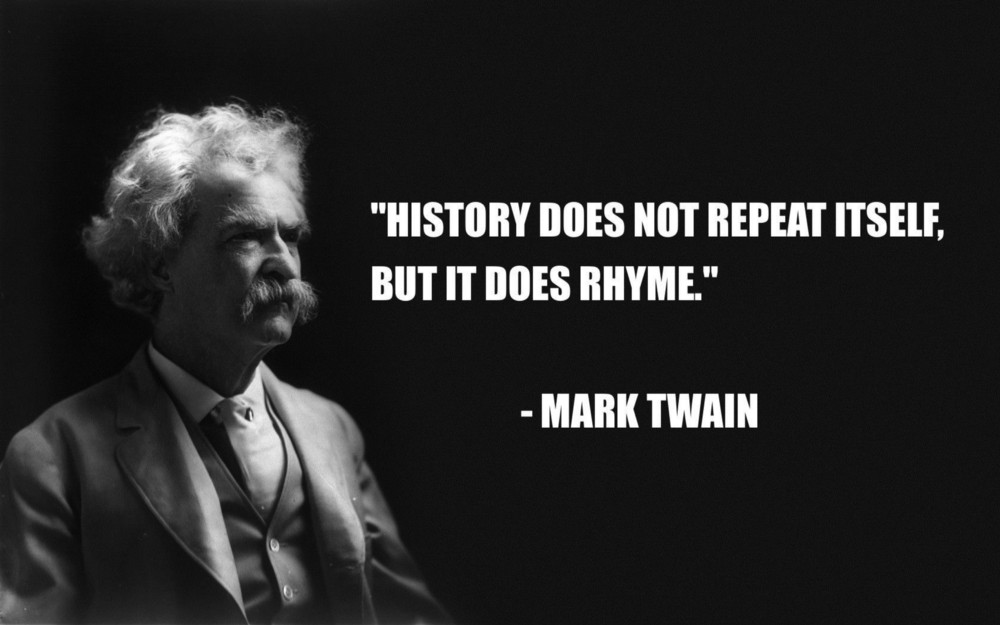History will show us that 2020 was a year in which consumer behavior, commerce, and trade changed. Businesses of all sizes faced challenges at a scale not seen prior the World War 2. What does 2021 have in store?
If 2020 is a yardstick, 2021 will continue to speed up e-commerce adoption worldwide. If you run a business or manage a brand, the next six months in develop markets or 18 months in developing markets are critical.

The dominant will be under the microscope
Marketplaces will continue to rule, and their relationship with regulators will become even more microscopic. Whether it’s Alibaba, Amazon, MercadoLibre, Takealot, the concern over predatory behavior will be a reality. Globally, technology has evolved faster than regulation; thus, 2021 will be akin to a reset. What the outcomes are in the US, China, and the European Union is an unknown, and anyone claiming to have the answers is guessing rather than looking at precedent.
Marketplaces that have developed their own logistics networks will continue to be unstoppable. In 2021 Amazon will offer its logistics services to consumers and businesses at FedEx and UPS’s expense. Alibaba’s Cainiao Network will continue to grow its partners and markets its ship to at the cost of cross-border startups. Startups such as FLEXE, Darkstore, and other last-mile focused businesses will continue to grow as brands look to replicate Amazon Prime expectations. One-day shipping will receive plenty of attention, but the more significant challenge will remain, managing the demand for logistics services.
2021 will be a revival year for cross-border e-commerce, which had a rough 2020. I saw more and more DTC startups using cross-border as a growth strategy, with incumbent brands doubling down on local markets. Duty-free commerce at airports is not going to grow 40% in 2021, nor is the use of daigou, but consumers will continue to buy premium brands from outside their local market.
Low-cost marketplaces such as Joom, Vova, and Wish have many challenges in the coming 12 months. The ePacket and low-postage packages are history as regulators look for ways to recoup package volume costs. While Wish has developed Wishlocal, I remain unconvinced that it will solve the small box at low price problem without more investment.
We are at the beginning of a significant Chinese-funded battle in South East Asia. I am expecting either consolidation to occur as investors look for market leadership or Alibaba, JD.com, Tencent will continue to invest in competing against the other.
The public markets will not be silent in 2021
The public markets will be speaking about companies such as Affirm, Ozon, Poshmark, and Wish. My thesis remains that private companies are over-valued by investors who have allowed companies to remain public for too long.
As the e-commerce messiah (Marc Lore) is no longer at Walmart, I believe that the company will have a solid 2021. While many laughed at their buy of TikTok, I tend to think that this is a massive opportunity for the retailer to grow without spending on digital advertising. Walmart+ will continue to evolve and provide consumers in rural parts of the US with value. Target and Kroger are businesses that in 2021 will develop through delivery and a marketplace. CPG companies such as PepsiCo, Kraft will continue to investigate and execute DTC concepts. I remain bearish on companies using SPACs to go public. While they provide investors with a future-looking financial picture, I remain convinced that these companies won’t meet their lofty targets while the bull markets operate.
The food delivery fascination is at an end as regulators will cap the commission rates, which will leave Uber, Delivery Hero, and others at risk of declining margins and profitability. I expect companies such as Slice and ChowNow to continue to grow and become rational solutions for restaurants.
The music and PR noise around Pinduoduo will subside as public investors become concerned about the companies ownership structure and entry into low-margin businesses such as grocery.
Does JD Logistics become a public company in 2021?
Roll-up Roll-up
The hottest growing investor sector, Amazon FBA acquisitions will continue to see investment from venture capital. Unless there is a deep understanding of the Amazon eco-system, these investment dollars are going to entrepreneurs and Amazon. Thrasio has a first-mover advantage in the US and specific European markets, but I remain unconvinced that this will provide VC-like returns.
In conclusion, 2021 will be a fascinating year globally as e-commerce continues to morph into commerce. Many storylines seem to be on repeat (for example, CEOs leaving Away after less than 12 months at the helm), but 2021 could see sector defining news.
